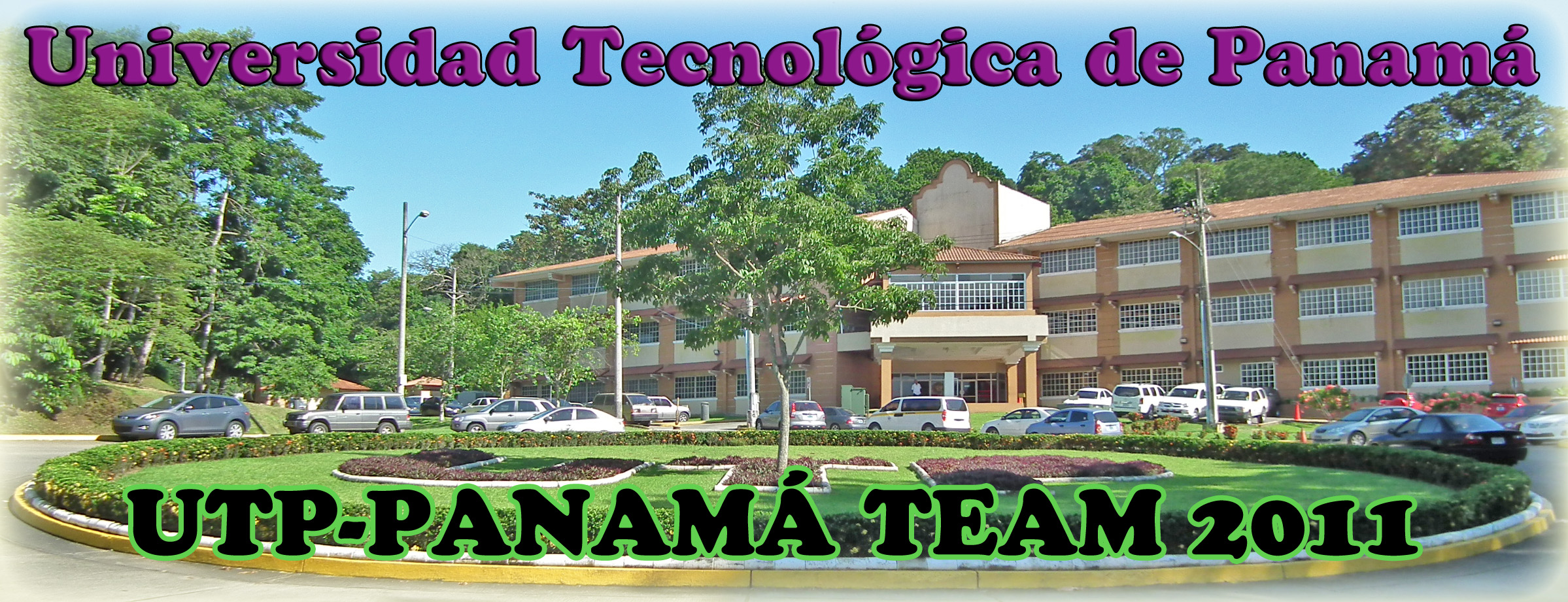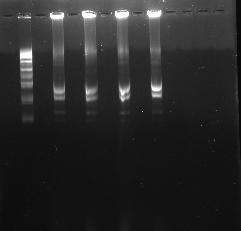Team:UTP-Panama/Week 17
From 2011.igem.org
(→WET LAB) |
(→WET LAB) |
||
| Line 75: | Line 75: | ||
Electrophoresis of The RENBO BBa_K672000 | Electrophoresis of The RENBO BBa_K672000 | ||
| - | [[File:RENBO 28SEPT2011 TOMA3b.jpg]] | + | [[File:RENBO 28SEPT2011 TOMA3b.jpg|left|]] |
The first column shows the reference. The other 4 columns show The RENBO. | The first column shows the reference. The other 4 columns show The RENBO. | ||
We obtained the results of our experiment using the Spectrophotometer. With this equipment, we measure the concentration of colonies (optical density) in the different substrates and temperatures. | We obtained the results of our experiment using the Spectrophotometer. With this equipment, we measure the concentration of colonies (optical density) in the different substrates and temperatures. | ||
Latest revision as of 05:44, 27 October 2011
|
Home |
Week 1 | Week 2 | Week 3 | Week 4 | Week 5 | Week 6 | Week 7 | Week 8 | Week 9 | Week 10 | Week 11 | Week 12 | Week 13 | Week 14 | Week 15 | Week 16 | Week 17 | After Regional Week 1 | After Regional Week 2 |
Week 17: September 26 to 28September 26WET LABTransformation of competent cells with Bristol 2010 - BBa_K381001. Electrophoresis to BBa_K672000 – RENBO (sent to the registry) + RENBO (Ligation Product). During this procedure we couldn’t get a good picture of the dna in the transiluminator because there wasn’t enough dna in the samples. We are going to redo this procedure. Experiment DesignWe designed the experiments we are going to do with the three BioBricks used (Bristol 2010 - BBa_K381001, GaTech 2010 – BBa_K410000, UTP-Panama 2011 – BBa_K672000). We chose 4 temperatures: These temperatures were selected so we could evaluate the response to cold shock in various ranges of our BioBricks. Since the lab equipments we had available couldn’t reach temperatures between 11-20°C this temperature was not used during the experience. Finally, the lab equipment allowed us to make the experiments in: 37°C, 23°C and 8°C. We also chose 3 different Growth Media: September 27WET LABTransfer of a colony of RENBO into Liquid LB to grow overnight. Preparation of Minimal Media and Saline Solutions for the experiment. M9 Minimal Media Recipe (1000 ml 1. Make M9 salts To make M9 Salts, aliquot 800ml H2O and add: a) 64g Na2HPO4-7H2O b) 15g KH2PO4 c) 2.5g NaCl d) 5.0g NH4Cl e) Stir until dissolved f) Adjust to 1000ml with distilled H2O g) Sterilize by autoclaving 2. Measure ~700ml of distilled H2O (sterile) 3. Add 200ml of M9 salts 4. Add 2ml of 1M MgSO4 (sterile) 5. Add 20 ml of 20% glucose (or other carbon source) 6. Add 100ul of 1M CaCl2 (sterile) 7. Adjust to 1000ml with distilled H2O
September 28WET LABMiniprep of The RENBO (BBa_K672000) Electrophoresis of The RENBO BBa_K672000 The first column shows the reference. The other 4 columns show The RENBO. We obtained the results of our experiment using the Spectrophotometer. With this equipment, we measure the concentration of colonies (optical density) in the different substrates and temperatures. |
 "
"


